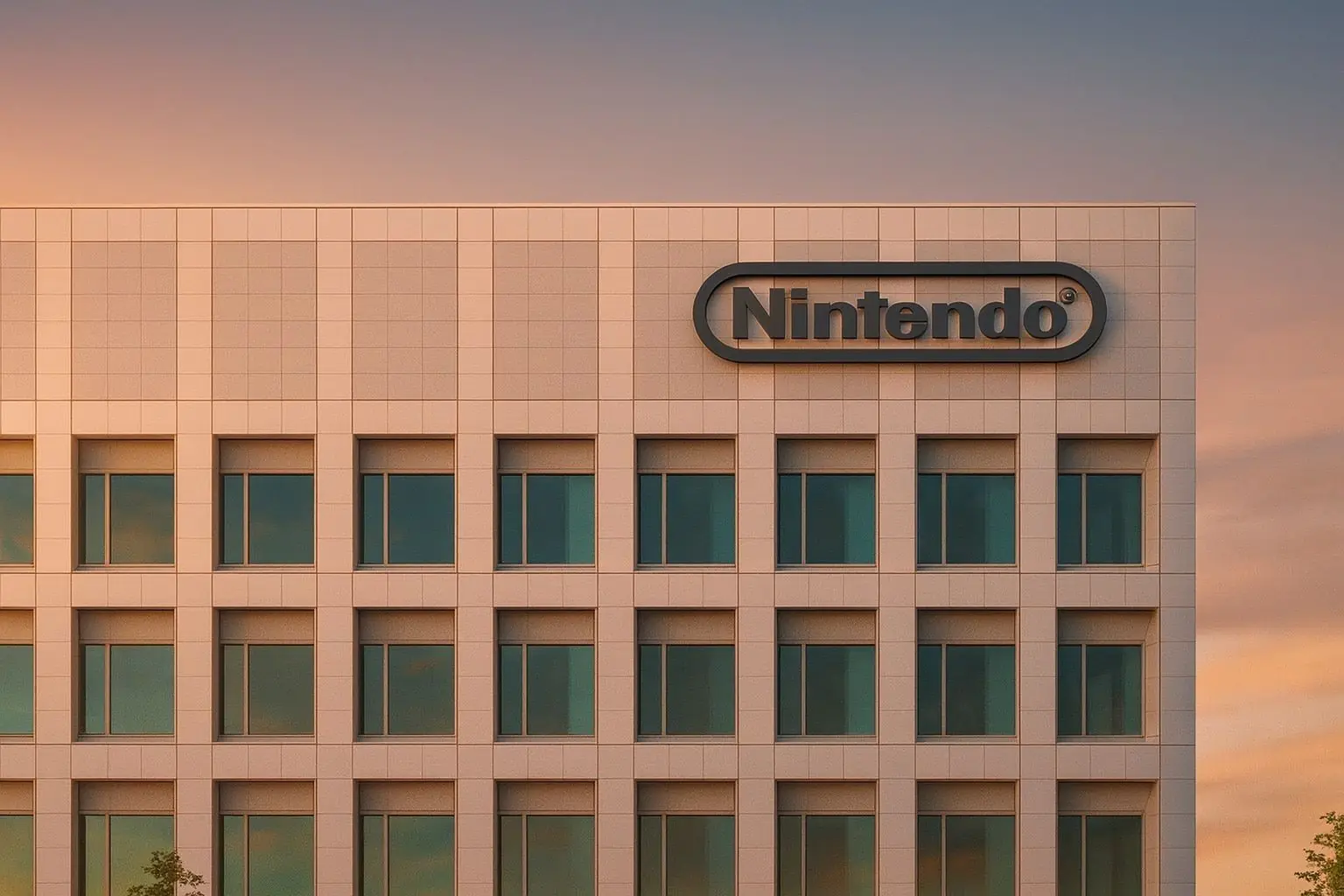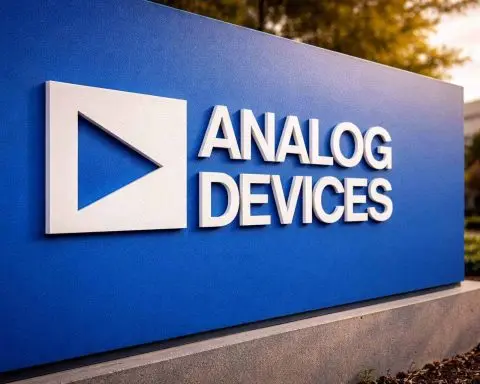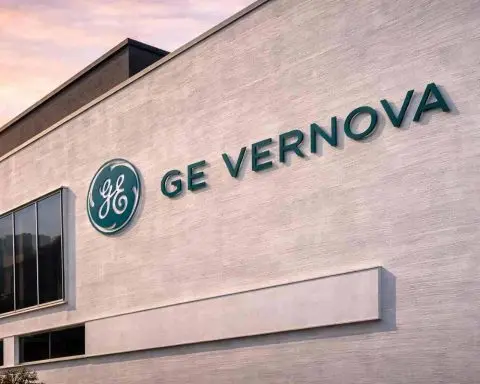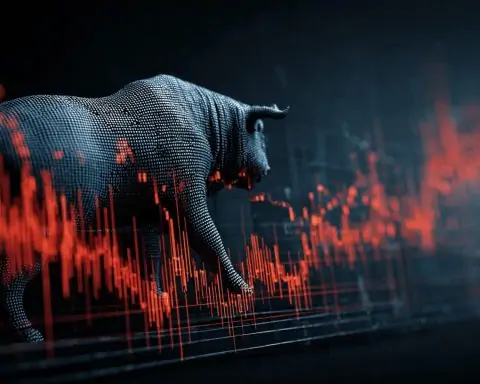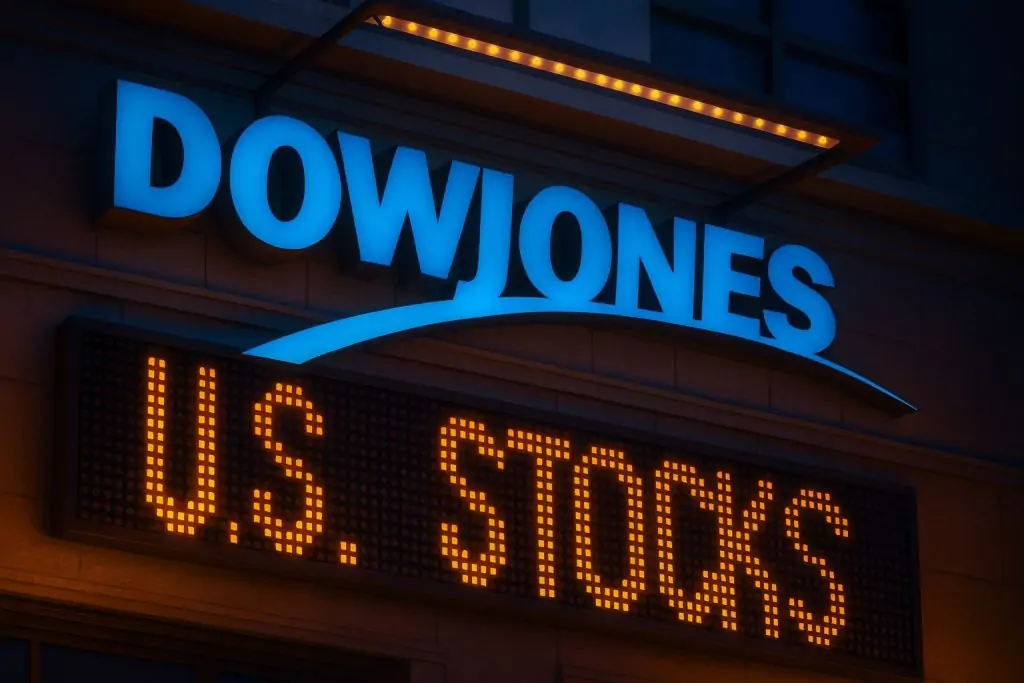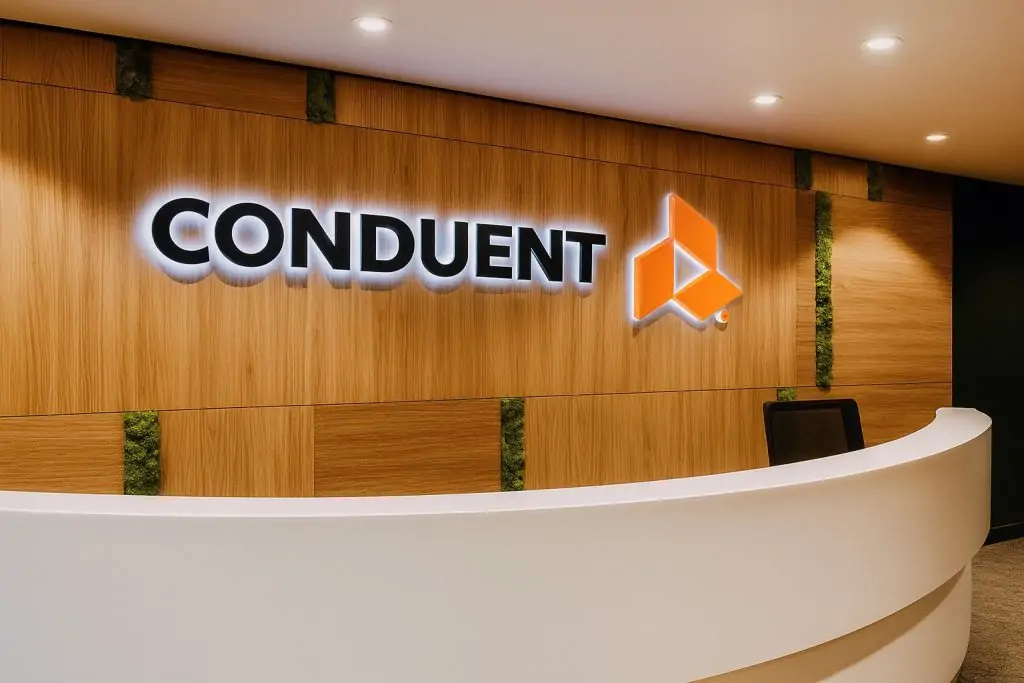- Mario’s billion-dollar movie success sparks more films: Nintendo’s first big-screen outing, The Super Mario Bros. Movie, grossed over $1 billion worldwide and virtually guarantees a sequel and other film adaptations of its game franchises ts2.tech Thedirect. A sequel titled The Super Mario Galaxy Movie has been announced for April 2026 with the original voice cast (Chris Pratt as Mario, Anya Taylor-Joy as Peach, etc.) returning People. Nintendo also confirmed a live-action Zelda film is in development (targeting 2027) ts2.tech Thedirect.
- Donkey Kong spin-off in the works: A recent copyright filing revealed an “Untitled Donkey Kong Project” by Nintendo and Universal, strongly indicating a standalone Donkey Kong animated movie is actively being developed Newsweek. Seth Rogen, who voiced DK in the Mario film, has expressed interest in a spin-off, and fans speculate this could lead to a crossover film uniting Nintendo’s characters (a Super Smash Bros.-style “Avengers” event) in the future Newsweek Superherohype.
- Metroid movie rumors surface: Industry insider Daniel Richtman reports that Nintendo is now developing a Metroid film, bringing the sci-fi adventures of bounty hunter Samus Aran to theaters Thedirect. This would mark Nintendo’s first foray into a darker, space horror-style genre – a stark contrast to the family-friendly Mario, and a chance to target older audiences much like the Alien-inspired tone of the games Thedirect Thedirect. Brie Larson has even publicly lobbied to play Samus, fueling fan excitement Thedirect.
- Nintendo stock soars on transmedia optimism: Nintendo’s share price has surged throughout 2025 – up roughly 40% year-to-date by early autumn ts2.tech – driven by the blockbuster success of its new Switch 2 console and anticipation of new revenue from movies and merchandise. The stock hit an all-time high in August ts2.tech. Analysts remain bullish on Nintendo’s growth, forecasting ~18% annual earnings growth as long as Switch 2 sales stay strong ts2.tech. However, experts caution that, despite these Hollywood ventures, Nintendo still “remains dependent on the console business” for the bulk of its income ts2.tech. Continued momentum in game sales is crucial to sustain investor confidence.
- Clearing out Mario Kart gadgets – prepping for what’s next?: In other news, Nintendo is quietly discounting some older products. A Mario Kart 8 mini RC racing car – a remote-controlled toy kart with anti-gravity mode – was put on sale for just $30 (down from $40) this week Kotaku Kotaku. The steep clearance pricing suggests Nintendo might be winding down that item’s stock, possibly to make way for new Mario Kart offerings or holiday product lines. It’s a boon for early holiday shoppers and a sign that Nintendo is refreshing its merchandise lineup.
Nintendo Expands Its Movie Universe Post-Mario Success
Nintendo is wasting no time extending its intellectual properties to Hollywood after the smash hit of The Super Mario Bros. Movie in 2023. That animated Mario adventure, co-produced with Illumination/Universal, proved that Nintendo’s iconic characters can draw massive crowds beyond the gaming world. It became a global blockbuster with over $1 billion in grosses, prompting Nintendo’s top creatives to double down on film projects Thedirect. In fact, Mario’s success “almost guarantees sequels or other IP adaptations,” as analysts have noted ts2.tech. Nintendo itself hinted in 2024 that it planned to “broaden Mario’s world further” in cinema, and now those plans are taking shape People.
The official sequel has been unveiled as The Super Mario Galaxy Movie, slated for April 3, 2026 People. A title teaser released in September showed Mario and friends bouncing around the Mushroom Kingdom, signaling a return of all the beloved characters People. As expected, the core voice cast is back – including Chris Pratt as Mario, Anya Taylor-Joy as Peach, Charlie Day as Luigi, and Jack Black as Bowser – ensuring continuity from the first film People. The “Galaxy” subtitle suggests the plot may venture beyond the Mushroom Kingdom into outer space (much like the 2007 Super Mario Galaxy game), potentially introducing new elements like Rosalina or other worlds. Nintendo and Illumination are keeping the story under wraps for now People, but the choice of title has fans buzzing that Mario and crew will literally take their adventures to new galaxies.
Notably, Nintendo isn’t limiting itself to just the Mario franchise on screen. A Legend of Zelda movie is also in development – and in a twist, it’s being produced with Sony Pictures, not Universal Thedirect. This live-action Zelda film (reportedly targeting a 2027 release) would bring the kingdom of Hyrule and hero Link to theaters in a more epic fantasy format Thedirect. Nintendo’s willingness to partner with a rival studio underscores how serious it is about leveraging its catalog widely. As a gaming pure-play, Nintendo owns a treasure trove of IP (Mario, Zelda, Pokémon, Donkey Kong, Metroid, and more) that analysts have long seen as a unique strength if properly monetized across media ts2.tech. The company appears to be following a page from Disney’s playbook – carefully expanding its characters into films, theme parks, and merchandise to build new revenue streams ts2.tech. It even formed its own Nintendo Pictures animation studio last year to support these efforts ts2.tech. As Reuters observed, these transmedia forays are still early-stage, but they showcase Nintendo’s potential to diversify beyond games ts2.tech.
Donkey Kong and a Possible Nintendo “Avengers” Crossover
One of the most intriguing developments is the strong evidence of a Donkey Kong spin-off movie. Over the summer, eagle-eyed fans spotted a U.S. copyright filing for an “Untitled Donkey Kong Motion Picture” filed jointly by Nintendo and Universal Pictures Newsweek. This essentially confirms that an animated Donkey Kong film is in the pipeline, likely under Illumination (the studio behind Mario). The filing mirrors how The Super Mario Bros. Movie was registered, indicating this DK project is following a similar track Newsweek.
The Donkey Kong character, voiced by Seth Rogen in the Mario movie, was a standout presence – and Rogen himself said in 2023 he’d love to return for a DK-centric film, mentioning the Donkey Kong Country games as ripe for adaptation Newsweek. With that enthusiasm and now a legal filing in place, it appears Nintendo is granting the big ape his own spotlight. If this film comes to fruition, it will explore Donkey Kong’s jungle world (and likely characters like Diddy Kong or King K. Rool) apart from Mario’s story. It also signals Nintendo’s confidence that the Mario movie’s success can translate to a broader cinematic universe. Donkey Kong’s movie could connect back to Mario’s – much like how Marvel spun off individual heroes – setting up a larger narrative down the line.
In fact, there’s rampant fan speculation that Nintendo is quietly assembling its own version of the Avengers. The idea is that after a few stand-alone films (Mario, Zelda, Donkey Kong, perhaps others like a Luigi’s Mansion or Kirby movie), Nintendo could culminate with a crossover event film uniting its iconic characters – essentially a Super Smash Bros. movie. A recent report even cheekily called it “Nintendo’s Avengers: Endgame” scenario Superherohype. While that comparison is tongue-in-cheek, the pieces are falling into place: multiple films in development and a growing partnership between Nintendo and major studios.
Nintendo has not officially announced any sort of crossover film, and any such project would be years away. But company leaders have openly acknowledged the multi-film strategy. Legendary designer Shigeru Miyamoto has stated there is “no doubt” Nintendo is considering multiple film projects simultaneously Thedirect. He’s also indicated they want to “do more with [their] franchises in films”, given how well the first experiment went ts2.tech. With Mario and DK under Illumination’s wing and Zelda at Sony, Nintendo seems intent on exploring various genres and partners rather than building a single integrated storyline for now Thedirect. Still, fans can’t help imagining a future where, say, Mario, Link, Donkey Kong, and maybe Samus or Pikachu could share the screen in an epic crossover. It’s the kind of hype that keeps the Nintendo community buzzing – and it certainly doesn’t hurt Nintendo’s brand engagement.
Sci-Fi Adventure Awaits: Metroid Film on the Horizon?
This week brought exciting news for longtime gamers: Metroid, one of Nintendo’s most revered franchises, may be next in line for the Hollywood treatment. On October 28, an entertainment industry insider (Daniel Richtman) leaked that a Metroid movie is now in development at Nintendo Thedirect. While details are scarce – no studio or talent attached yet – the report is enough to set imaginations racing.
For the uninitiated, Metroid follows intergalactic bounty hunter Samus Aran as she battles parasitic Metroids and the sinister Space Pirates across distant planets. The series is famed for its atmospheric, solitary exploration and sci-fi horror vibe, inspired heavily by Ridley Scott’s Alien films Cinemablend. A film adaptation could be dramatically different in tone from Nintendo’s other projects. Metroid on the big screen would likely skew towards an older audience, emphasizing suspense and darker themes (within a PG-13 boundary) rather than the colorful, all-ages humor of Mario. As one analyst noted, this could fill a unique void in Nintendo’s film lineup by delivering a “full-on space horror adventure” and proving the company’s range beyond family fare Thedirect.
Fans have long dreamed of a Metroid movie – even actress Brie Larson (of Captain Marvel fame) has repeatedly voiced her desire to play Samus Aran Thedirect. She “looks the part” and is a known gamer, making her a popular fan-cast for the armored heroine. No official casting news exists yet, but the mere confirmation that Nintendo is exploring Metroid for film is noteworthy. It aligns with Miyamoto’s comment that Nintendo was reviewing its “massive catalog of video game IPs” for potential adaptations Thedirect. Metroid, dating back to 1986 on the NES, has always been a critical darling and influential (it even spawned the “Metroidvania” genre Cinemablend), though it was never a top seller on the level of Mario or Pokémon. The highest-selling Metroid title, Metroid Dread, sold around 3 million copies – a respectable figure but a fraction of Mario’s tens of millions Cinemablend. This track record led some observers to question if a Metroid movie made financial sense Cinemablend. But Nintendo seems to view it as an opportunity to broaden its audience and capitalize on the franchise’s strong core fanbase. If done right (with the right actress and a visionary director on board), a tense, visually stunning Metroid film could become a sleeper hit that elevates the IP’s profile. It would also further cement Nintendo’s reputation as an entertainment company “more than just a video game juggernaut,” as Newsweek put it Newsweek.
Stock Market Cheers Nintendo’s Strategy, With Some Caveats
Nintendo’s aggressive expansion into films and other media isn’t just about creative vision – it’s also impacting investor sentiment. In 2025, Nintendo’s stock (TYO: 7974) has been on a tear. The company’s share price climbed to record heights in mid-August 2025 ts2.tech, buoyed by the successful launch of the Switch 2 console and optimism about new income streams from Nintendo’s intellectual property. By early fall, the stock was up roughly 38–40% year-to-date ts2.tech, handily outperforming Japan’s Nikkei index and even tech giants like Sony. Each major announcement – whether a blockbuster game or a movie deal – has reinforced the narrative that Nintendo is in a renaissance period. The Switch 2 became the fastest-selling console in the company’s history, and the prospect of multi-million-dollar box office revenues from films only adds to growth projections.
Financial analysts are mostly upbeat on Nintendo’s trajectory. Many see the company entering a virtuous cycle: hits in gaming fuel films, which in turn expand the fanbase and drive more game and merchandise sales. Nintendo’s earnings forecasts reflect this rosy outlook – consensus estimates predict around 18% compound annual earnings growth over the next few years ts2.tech. The company’s strong balance sheet (over $15 billion in cash) gives it flexibility to invest in new ventures or acquisitions to support this transmedia strategy ts2.tech. It helps that Nintendo has now proven its characters can generate “substantial revenue outside gaming” in theme parks and movies ts2.tech, potentially warranting a higher valuation like a Disney-style entertainment empire rather than just a console maker.
However, seasoned experts also urge a bit of caution. A Reuters analysis noted that despite the Hollywood buzz, Nintendo still derives the vast majority of its revenue from selling game hardware and software ts2.tech. In fact, Nintendo’s leadership itself acknowledges this – the core console business remains the engine that drives everything. If the Switch 2’s momentum were to falter (e.g. supply issues, lack of hit games, or an unexpected flop), it would “be painful” for Nintendo’s financials ts2.tech. In other words, movies and licensing are great new pillars, but they can’t fully replace the cyclical console business – at least not yet. Investors have priced in a lot of high expectations, so Nintendo needs to execute well on multiple fronts to sustain its lofty stock price. Any major misstep (a movie bomb or a significant game delay) could trigger a stock pullback. For now though, Nintendo’s diversified wins – a hot new console, a blockbuster film, new projects on the horizon – have given it a superstar glow in both Hollywood and on the stock market.
Forecast: Leveling Up to a Multimedia Powerhouse
Heading into 2026, Nintendo finds itself in an enviable position with a portfolio of new endeavors. The company is effectively crafting a Nintendo Cinematic Universe one film at a time. By next year, Mario will soar to space in theaters, and if reports pan out, Donkey Kong will barrel into his own movie not long after. The year 2027 could bring an epic live-action Zelda adventure on the big screen, introducing Hyrule’s lore to general audiences. And perhaps on the horizon is Samus Aran’s cinematic debut, adding a dash of sci-fi thriller to Nintendo’s mix. It’s a bold roadmap that few would have imagined a decade ago, when Nintendo was hesitant after past movie misfires. Now, thanks to enlightened stewardship and partnerships, the company is embracing its role as what some call the “Disney of gaming” Thedirect in earnest.
This multimedia expansion, coupled with the Switch 2’s early success, points to strong growth in the near term. We may see cross-promotion at a new scale – for example, new games launching alongside movies, or theme park attractions (like Universal’s Super Nintendo World) tied into film releases. One immediate example: Nintendo registered the Donkey Kong movie in the same week it released a major new Donkey Kong game (Donkey Kong Bananza) for Switch 2 Newsweek, hinting at synergistic timing. Looking further ahead, if each of these film projects flourishes, Nintendo will have a multi-franchise platform to engage fans across media. The ultimate payoff could even be that crossover “Avengers-style” project that unites characters from different films into an event movie – a concept that, while speculative, would have enormous commercial potential given the global recognition of Nintendo’s heroes.
Of course, challenges lie ahead. Nintendo will need to maintain quality control and protect its family-friendly brand image as it experiments with genres. A Metroid movie that’s too dark, or a Zelda film that fails to impress critics, could slow the momentum. And rival studios aren’t standing still – other game companies are also adapting IP (Sega’s Sonic the Hedgehog films, Sony’s own PlayStation productions, etc.). Nintendo will have to compete for top writers, directors, and release windows in a crowded market. Nonetheless, the company’s strategy of leveraging its “intangible assets” – those timeless characters and stories – is finally coming to fruition in a big way ts2.tech.
For fans and investors alike, Nintendo’s next level is about more than just games: it’s about seeing Mario kart onto toy store shelves (or clearance sales), Donkey Kong swing onto cinema screens, and Link or Samus embark on new quests in entirely new arenas. As one market watcher put it, Nintendo’s beloved IPs give it a “unique strength” to expand beyond consoles ts2.tech. If 2023–2025 were the setup years (with the Mario movie proving the concept), 2026 and beyond will be the true test of whether Nintendo can indeed build a sprawling entertainment empire. All signs so far point to “Yes!”, with power-ups in store for the company’s growth – and plenty of adventure awaiting fans in the years to come.
Sources: Nintendo and industry reports People Newsweek Thedirect; expert analysis by TS2, Newsweek and others ts2.tech Newsweek ts2.tech; insider and executive quotes Thedirect ts2.tech.
